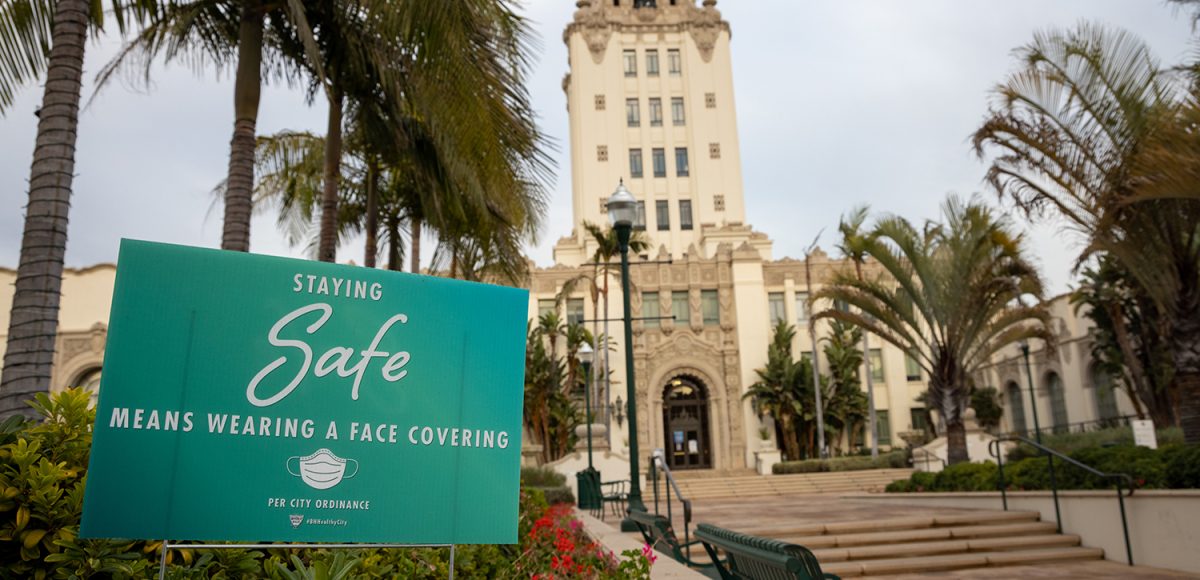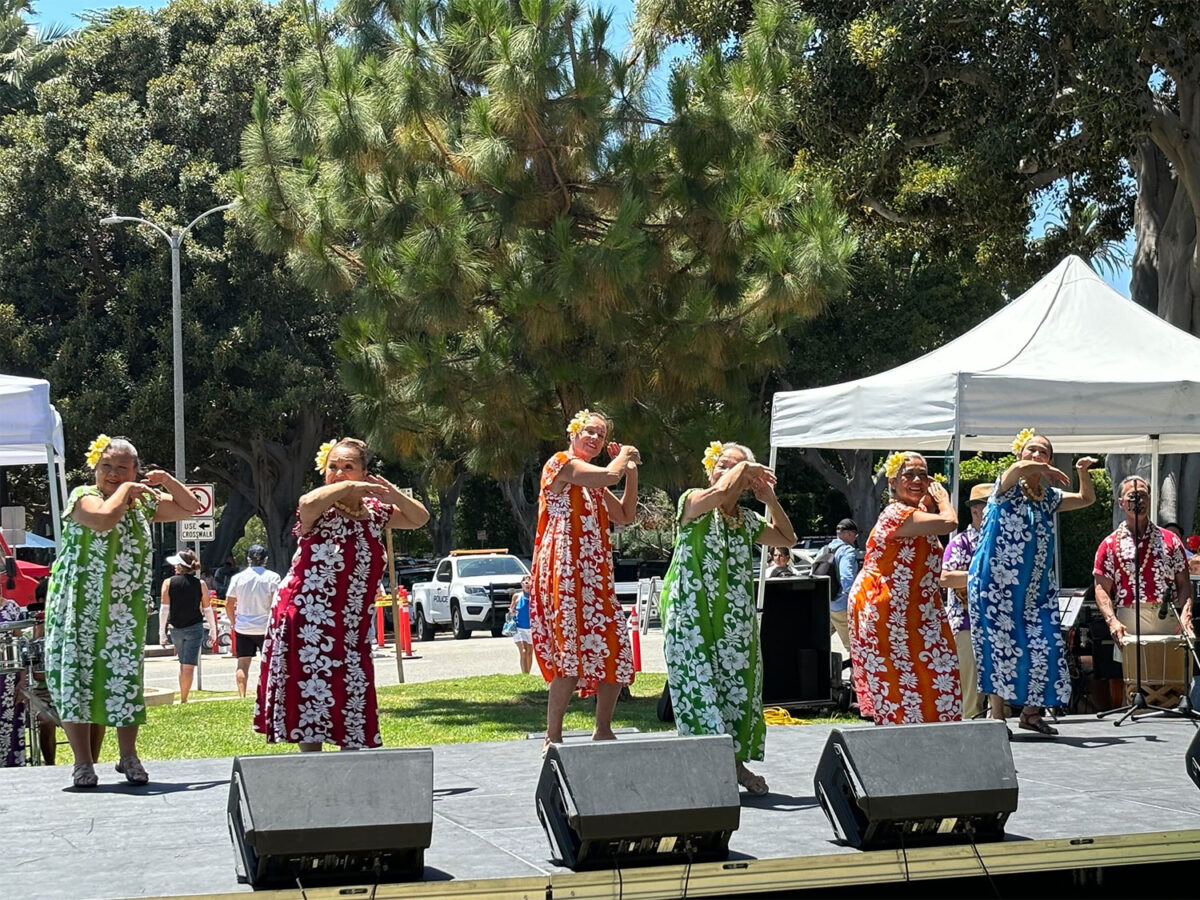The State of California has passed a series of high-profile laws meant to address the dangers of COVID-19, gender inequality in the workplace, and the legacy of racial injustice. Locally, Beverly Hills took the lead in quelling the pernicious effects of tobacco products. As of Jan. 1, Beverly Hills is making it much easier for smokers to keep their New Year’s resolutions to quit. A ban on the sale of virtually all tobacco products will go into effect starting in 2021.
The Beverly Hills City Council unanimously approved the ordinance to prohibit the sale of tobacco products in June 2019, the first City Council to do so in the nation. The decision followed public input and recommendations from the City’s Health and Safety Commission.
“This week begins an important new chapter in our ongoing effort to promote and protect public health,” said Mayor Lester Friedman. “It was over 30 years ago that Beverly Hills became the first City in California to prohibit smoking inside restaurants.” “Since then, we have continued to implement policies that will ultimately save lives. Thank you to all who worked to bring us to this extraordinary day.”
The following are key provisions of the new ordinance:
Effective Jan. 1, hotels, existing and future, may only sell to guests;
Effective Jan. 1, all other businesses shall stop selling tobacco products;
An exemption/carve out applies for existing cigar lounges;
A limited temporary hardship exemption provision applies for retailers that demonstrate the ban would cause undue hardship; and
the City Council will review the impacts of the Ordinance in three years.
In addition to the new Beverly Hills ordinance, several state-wide laws of note are taking effect in the new year.
Assembly Bill 685, or the COVID-19 Infection Prevention Requirements Act, arms the state with a more robust toolset to respond to COVID-19 outbreaks at workplaces. Under the new law, the California Occupational Safety and Health Administration (Cal/OSHA) can order an entire worksite or a portion of a worksite to close if it risks exposing workers to COVID-19. Cal/OSHA can also issue citations for serious violations without giving employers a 15-day notice. Both of these provisions of the law go into effect on Jan. 1, and last until Jan. 1, 2023.
AB 685 also requires employers to notify workers of potential exposure to the pathogen within a day of learning of the potential exposure. Companies must also notify local public health agencies of an outbreak within 48 hours of its discovery. In Los Angeles County, an outbreak is defined as three or more cases.
Also citing the pandemic for its justification, California expanded access to family leave protections to employees of small businesses with Senate Bill 1383. Starting Jan. 1, employers with five employees or more must allow employees time to bond with a newborn, care for a seriously sick family member, or address their own illness. The Beverly Hills Chamber of Commerce opposed the bill.
“Californians deserve to be able to take time off to care for themselves or a sick family member without fearing they’ll lose their job,” Gov. Gavin Newsom said in a statement. “The COVID-19 pandemic has only further revealed the need for a family leave policy that truly serves families and workers, especially those who keep our economy running. This bill will ensure almost all Californians can access the time off they need to keep themselves and their communities healthy.”
In addition to these worker protections, the legislature passed a law with the aim of tackling the gender wage gap. Senate Bill 973, which Newsom signed into law on Sept. 30, will require companies with 100 or more employees to report pay data to the California Department of Fair Employment and Housing. The data must be sorted by race, ethnicity and sex. While the information will remain confidential, it could potentially be used in discrimination lawsuits.
In a year that saw the birth of one of the largest and loudest civil rights movements in American history, California responded with legislation to try and meet the moment. California Gov. Gavin Newsom signed Assembly Bill 979 into law on Sep. 30, mandating that certain publicly held corporations headquartered in California diversify their boardrooms. The law will apply to about 625 corporations, requiring that they have at least one member of an underrepresented community on their boards of directors by the end of 2021. The required number of representatives from such communities will grow in subsequent years. The law, along with a similar law related to inclusion of women in boardrooms, face ongoing legal challenges.
“Corporations have money, power, and influence,” Assemblymember Chris Holden (D – Pasadena), who introduced the bill, said in a statement. “If we are going to address racial injustice and inequity in our society, it’s imperative that corporate boards reflect the diversity of our State.”







